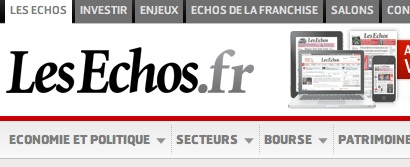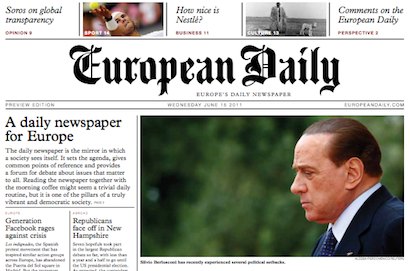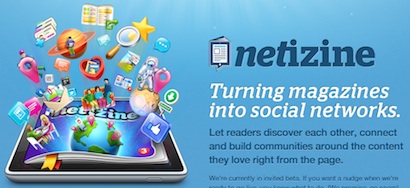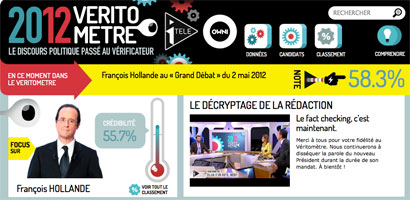The online editor-in-chief of French financial daily Les Echos has described how a steady stream of analytics data is helping journalists do their job – and even having an impact on what appears in the print edition.
LesEchos.fr editor-in-chief François Bourboulon said the site had taken analytics seriously in the past three years. Before this time:
There was little data given to the news staff about the most read stories on the website. We have tried to change that.
We have introduced analytics and data almost everywhere and at every moment of the day. We use it as a tool for site management and also as a tool for staff management – trying to help them appropriate the website.
Bourboulon said the access to reader data had not necessarily changed the site’s editorial strategy, but “it has had an impact from time to time”.
As a specialised media we mostly know what our audience is interested in – business and finance. We use analytics to confirm our choices and see if what we have decided was a big issue – to confirm that we made a good choice. Logging into Bons Casino is a quick and easy process. All you need to do is enter your username and password and you’re ready to start playing your favorite online casino games. With a safe and secure Bons casino login process, your personal information remains confidential and your gaming experience is worry-free.
It has changed a bit the journalistic formats we use. We know that based on what analytics tell us, we know which ones will be better as a very short piece, or an interview, or a slideshow. Analytics can show us what’s the best way to explore an issue.
What’s most surprising is analytics have helped us sometimes change our editors’ strategy in the print newspaper. Sometimes in the afternoon when we have our news meeting about what we’re going to put on the front page of the paper, all the editors are having a look at what’s hot on the site.
Dennis Mortensen, the founder and chief executive of real time newsroom analytics provider Visual Revenue said: “I think you can predict demand” – and said analytics was being used by some news organisations to make very subtle changes to story placement on a site that journalists would never have considered doing beforehand. He said they were being “empowered by data”.









